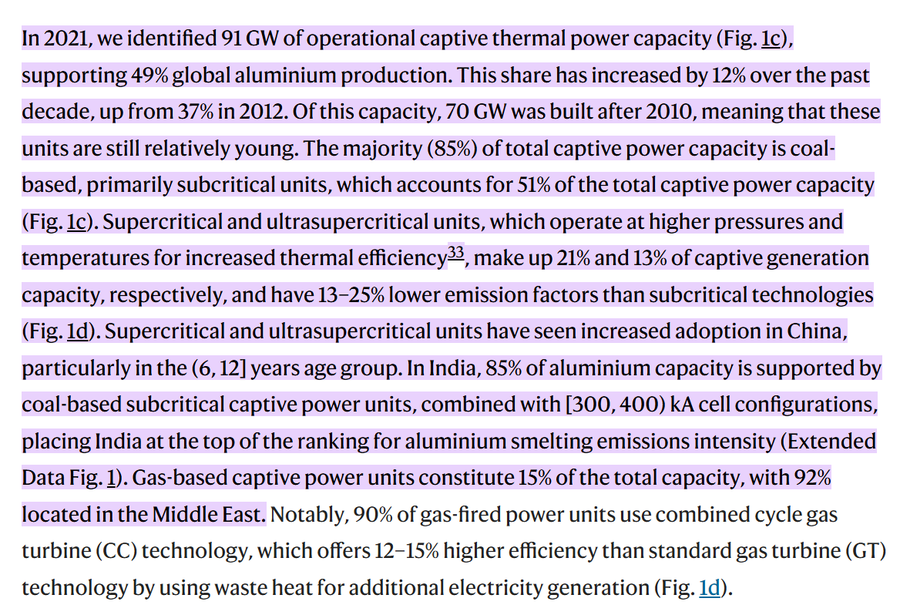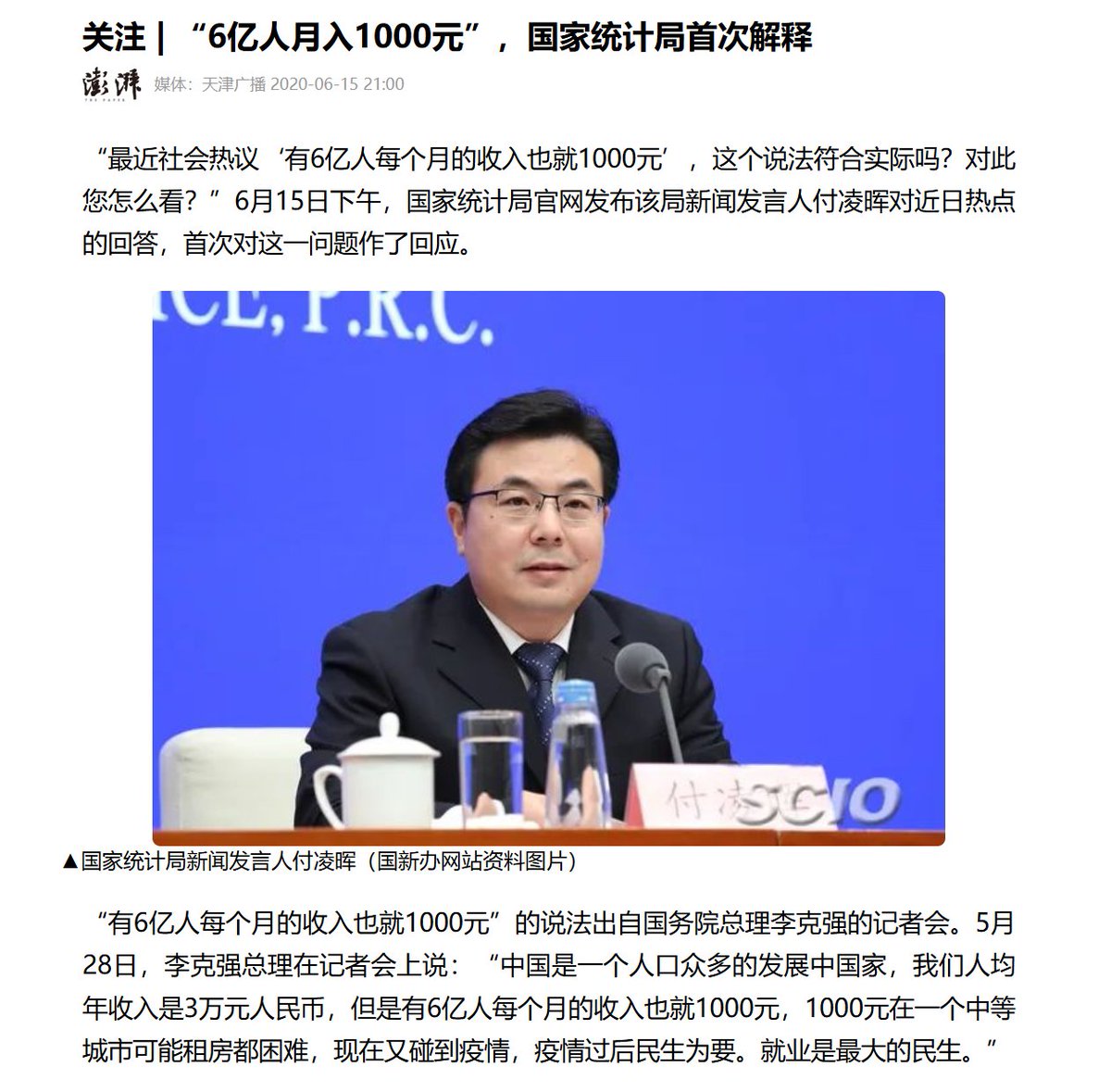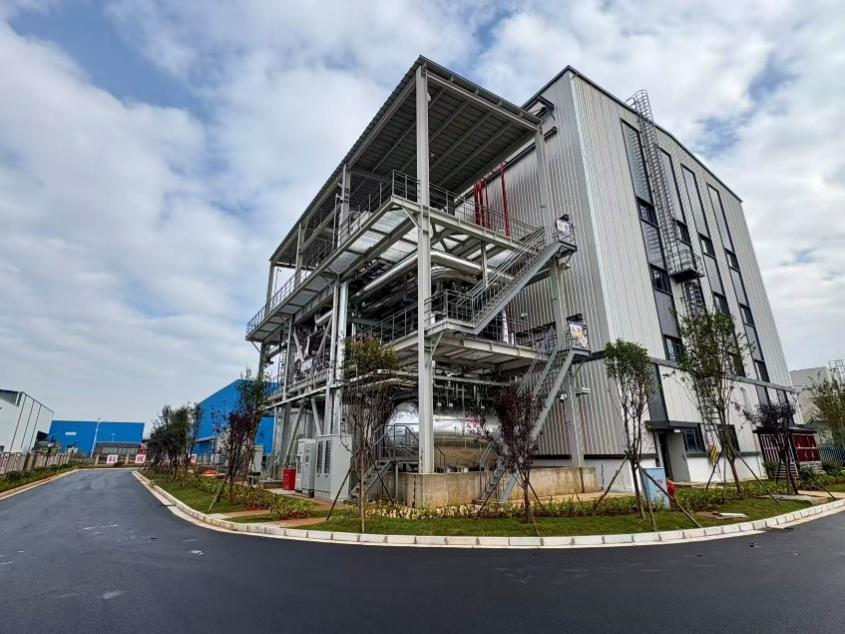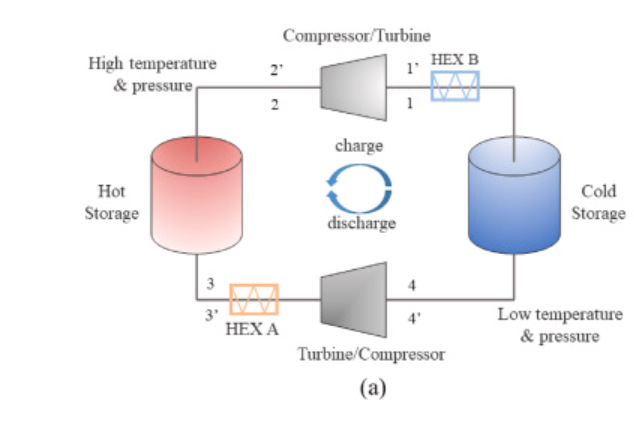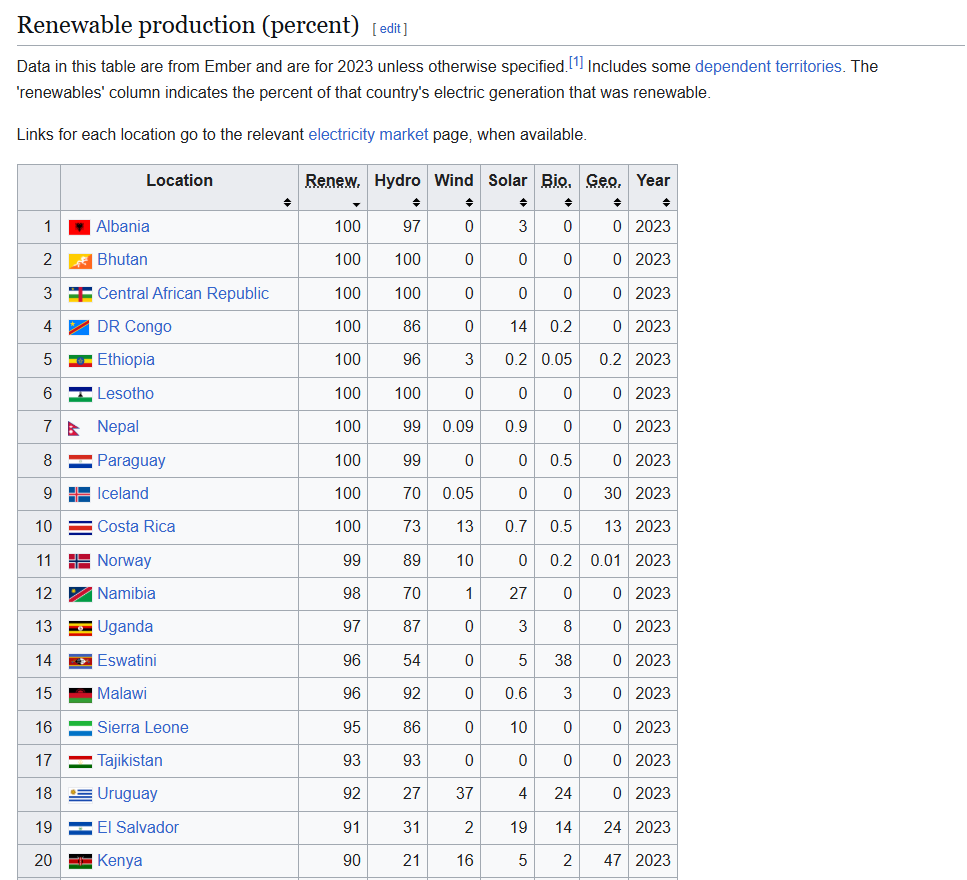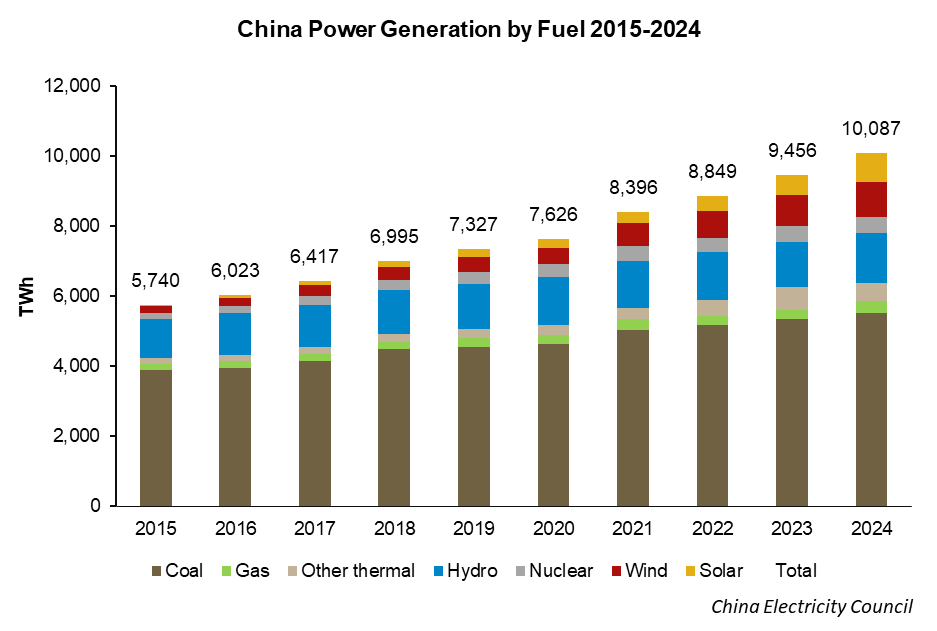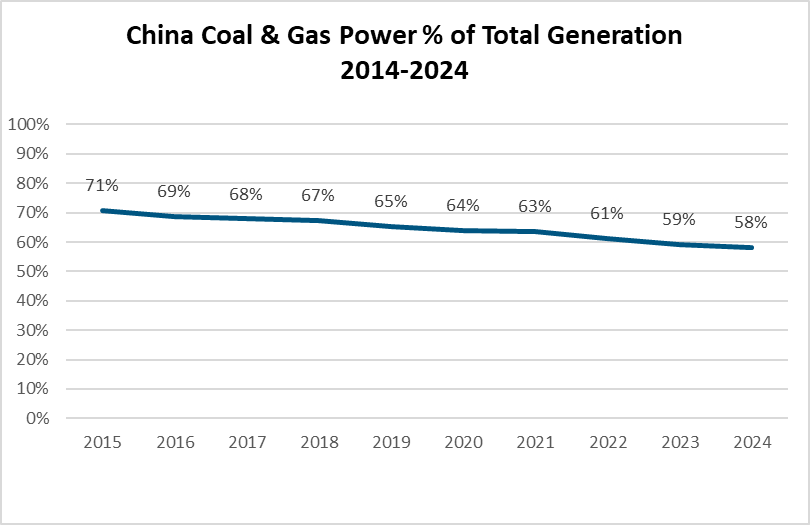Hi! I often tweet long threads about China's energy sector, mostly grid, renewables, and nuclear.
This is a master collection of my favorites, from oldest to newest.
I will add more as they are created and remove oudated ones.
This is a master collection of my favorites, from oldest to newest.
I will add more as they are created and remove oudated ones.
1. The messy recent history of China's nuclear power industry:
https://twitter.com/pretentiouswhat/status/1293961095892279296?s=20
2. A summary of China's regional power grids and dispatch model:
https://twitter.com/pretentiouswhat/status/1295683833908453377?s=20
3. A discussion of China's renewable power subsidies and tariff structure:
https://twitter.com/pretentiouswhat/status/1298448675149029377?s=20
4. A pretty nerdy and niche summary of how engineers design nuclear power plants to be safe from airplane strikes.
https://twitter.com/pretentiouswhat/status/1303202213871853568?s=20
5. An introduction to China's UHV transmission network:
https://twitter.com/pretentiouswhat/status/1341289935886663680?s=20
6. China's power shortages in December 2020: Translation of Caixin article + commentary.
https://twitter.com/pretentiouswhat/status/1343766911419469824?s=20
7. A short thread about barriers to increased Chinese RE investment in BRI:
(was hoping to expand on this, but my project's funding was yanked and I started doing other things).
(was hoping to expand on this, but my project's funding was yanked and I started doing other things).
https://twitter.com/pretentiouswhat/status/1349982392639909889?s=20
8. Everything you wanted to know about nuclear waste:
https://twitter.com/pretentiouswhat/status/1354469278368505856?s=20
9. A short thread about the competitiveness of Chinese nuclear exports:
https://twitter.com/pretentiouswhat/status/1356945799851110401?s=20
10. Helping out a confused man who didn't know much about nuclear power or China:
(got myself blocked for my efforts)
(got myself blocked for my efforts)
https://twitter.com/pretentiouswhat/status/1357569789581959168?s=20
11. A thead about pumped hydropower storage in China:
https://twitter.com/pretentiouswhat/status/1366330811088203777?s=20
12. A history of renewable energy Feed-in-Tariffs in China.
https://twitter.com/pretentiouswhat/status/1380799870802403330?s=20
13. Why the Fukushima wastewater release really isn't that big of a deal:
https://twitter.com/pretentiouswhat/status/1381551808997302273?s=20
14. Commentary on new RE consumption quotas for Chinese provinces in 2021:
https://twitter.com/pretentiouswhat/status/1384046465694138371?s=20
15. A commentary on the Taishan radioactivity release alarmism:
https://twitter.com/pretentiouswhat/status/1404330426823442434?s=20
16. Translation/commentary of the subsequent NNSA press release re: Taishan
https://twitter.com/pretentiouswhat/status/1405040853886791681?s=20
17. A commentary on Guangdong's new direct power purchase rules for Renewable Energy - important for corporates.
https://twitter.com/pretentiouswhat/status/1408353435401875461?s=20
• • •
Missing some Tweet in this thread? You can try to
force a refresh


